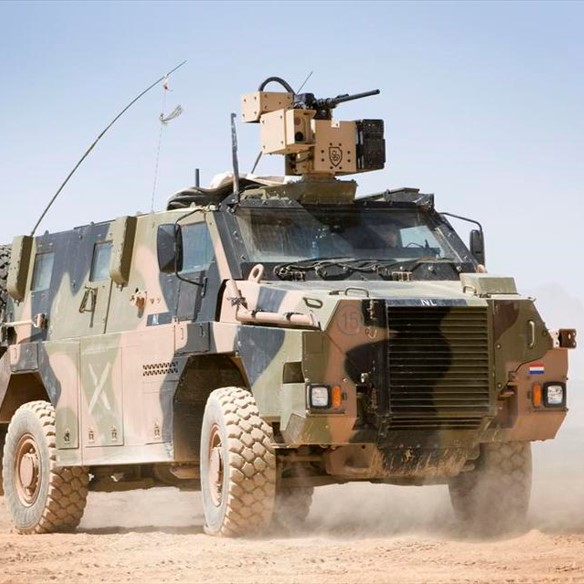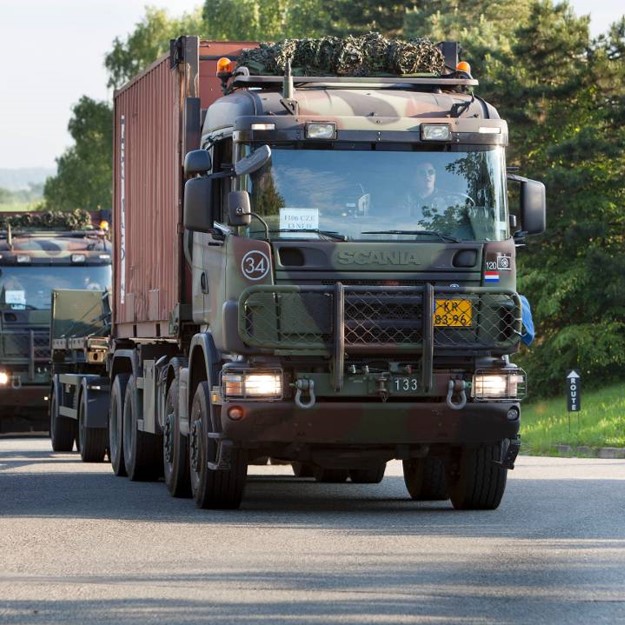Question
How to create a transparent service parts supply chain with benefits for all the organisations within the supply chain network?

"Realization of this project not only provides transparency in a service supply chain network of asset owners, OEM’s and suppliers. It also ensures that the various companies gain experience in such partnerships."
Project partners
Gordian Logistic Experts – University of Twente – Netherlands Defense Academy – Royal Netherlands Army – Pon Logistics – Van Halteren Special Products B.V. – Rheinmetall MAN Military Vehicles Nederland – Wiba Zevenaar – Scania Nederland – DAF Trucks – Enersys
Project description
A plug & play solution


In 2012 the Commander of the Royal Netherlands Army (RNLA) started an initiative to intensify and deepen cooperation between the RNLA and the Dutch defense industry. This so-called Land Maintenance Initiative (LMI) has the ambition to streamline the maintenance of land systems. The ultimate goal is to increase the operational availability of land based systems against lower costs.
The idea of this project is to redesign and manage existing service supply chains in close cooperation with the Original Equipment Manufacturers (OEM’s), service suppliers and component suppliers. A precondition for success of this project is insight in service supply chain stock levels, demand and transparency throughout the supply chain.
This transparency will be created by introducing a “Shared Business Intelligence Cell (SBIC)”. This new organizational entity shares information on consumption, stock levels et cetera within the service supply chain. Main challenge of this project is to build a SBIC that can create a “plug & play” solution. It should unburden supply chain partners and initiate accompany supply chain improvements between partners.
Result
Full service supply chain transparency


The expected results on the short term are:
- Full service supply chain transparency: complete and full view of available stock in the service supply chains of multiple land based (weapon)-systems
- Improved upstream service supply chain demand forecasting: creating dependent demand from the current independent demands
- More trust/confidence between RNLA, OEM’s, suppliers and in between suppliers
- More effective and efficient service supply chains and business models
- Redistribution of surplus stocks in the service supply chain.
The longer term results are about increasing operational availability of land based systems and lower the costs on several activities.



